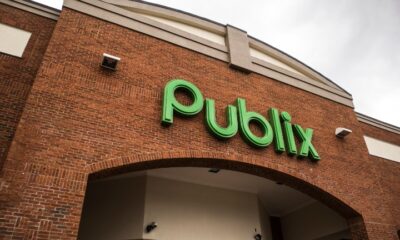
Shutterstock
Becoming a first-time homeowner is an exciting milestone, but it often comes with surprises that no amount of planning can fully prepare you for. Hidden maintenance costs, the complexities of property taxes, and unexpected utility expenses are just a few of the realities that can catch new homeowners off guard. Many also overlook how their home insurance policy may not cover everything they assume it does or how vital it is to understand their neighborhood’s unique regulations.
Beyond the financial surprises, lifestyle changes,like yard work, snow removal, or dealing with noisy neighbors can take some adjusting to. Let’s take a look at and uncover some lesser-known truths of homeownership, helping you prepare for the challenges so you can focus on making your house feel like home.
Maintenance Costs Add Up Quickly
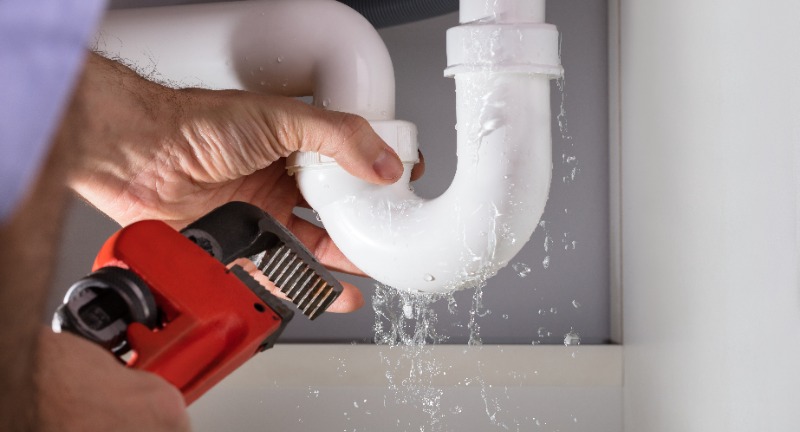
Shutterstock
Owning a home means you no longer have a landlord to fix that leaky faucet or replace a broken appliance. Experts suggest budgeting 1-3% of your home’s value annually for maintenance and repairs. Unexpected expenses, like a failing HVAC system or a leaky roof, can wreak havoc on your finances if you’re not prepared. Staying proactive with maintenance will save you money and stress in the long run.
Property Taxes Can Change

Shutterstock
Many homeowners think their property taxes are fixed, but they often fluctuate. Tax increases can occur due to rising property values or local government decisions. This can significantly impact your monthly payments, especially if your mortgage includes an escrow account for taxes. Understanding how taxes are assessed and appealing incorrect valuations can save you money.
Homeowner’s Insurance Doesn’t Cover Everything
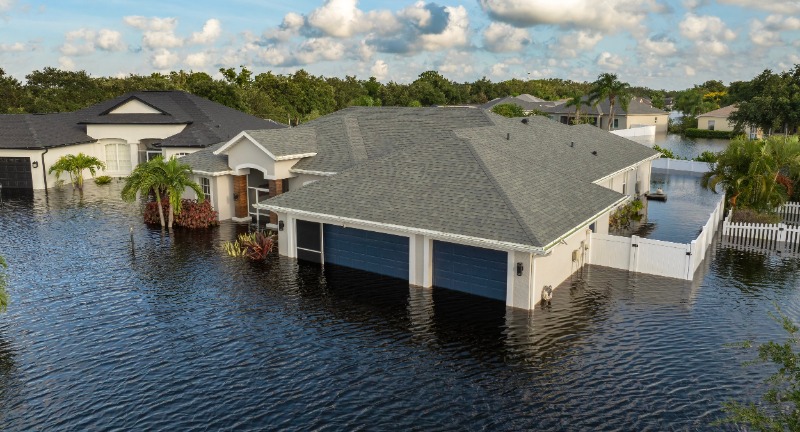
Shutterstock
While homeowner’s insurance covers many risks, it often excludes damages from floods, earthquakes, or wear and tear. First-time buyers should carefully review their policy and consider additional coverage for specific risks in their area. For instance, flood insurance is essential if you live in a flood-prone zone. Customizing your coverage now can save you from financial devastation later.
HOA Fees and Rules Can Be Restrictive
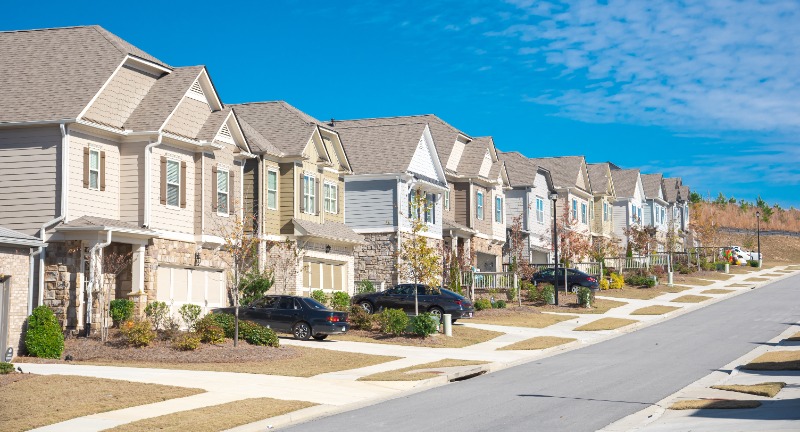
Shutterstock
If your new home is part of a homeowners association (HOA), you’ll need to adhere to their rules and pay monthly or annual fees. HOAs regulate everything from exterior paint colors to yard maintenance, and fines for noncompliance can be steep. While they often ensure neighborhood upkeep, their restrictions can feel limiting. Review HOA covenants thoroughly before buying.
Utility Costs Can Be Higher Than Expected

Shutterstock
Many first-time homeowners underestimate the cost of utilities in a larger or older home. Heating, cooling, water, and electricity bills can spike, especially if your home isn’t energy-efficient. Investing in energy-saving measures, like sealing windows or upgrading to efficient appliances, can reduce costs. Understanding seasonal fluctuations in your area can also help you budget effectively.
You May Need to Reassess the Budget After Closing

Shutterstock
The closing costs, down payment, and moving expenses often leave first-time buyers financially stretched. It’s easy to forget the ongoing costs of furnishing, decorating, and landscaping. Resist the urge to splurge immediately; prioritizing essential purchases over aesthetic upgrades can stabilize your finances. Building a cushion after closing will help avoid financial strain.
Neighborhood Dynamics Can Change

Shutterstock
The charming neighborhood you fell in love with might not remain the same over time. New developments, zoning changes, or demographic shifts can affect property values and quality of life. Stay informed about local planning and community initiatives to anticipate these changes. Choosing a home in a stable, well-planned area can mitigate risks.
DIY Projects Aren’t Always Cheaper

Shutterstock
Many first-time homeowners tackle DIY projects to save money, but they often underestimate the cost, time, and skill required. Improperly done work can lower your home’s value or lead to expensive repairs later. While some tasks are beginner-friendly, others, like electrical or plumbing, are best left to professionals. Weigh the risks and rewards before grabbing the toolbox.
Pests Can Be a Big Problem

Shutterstock
It’s easy to overlook pest issues during a home inspection. However, termites, rodents, or ants can cause costly damage if left unchecked. Regular pest control services or preventive measures like sealing entry points can save you from major headaches. Always address signs of infestation promptly to protect your investment.
Appliances Have a Lifespan

Shutterstock
Major appliances, like refrigerators, water heaters, and furnaces, won’t last forever. It’s wise to know the age and condition of these items when purchasing your home. Setting aside funds for eventual replacements will prevent financial surprises. Routine maintenance can extend the life of appliances, reducing long-term costs.
Resale Value Matters

Shutterstock
Even if you plan to live in your home for decades, its resale value should factor into your buying decision. Features like location, school district, and layout significantly influence long-term appreciation. Homes with good resale potential provide financial flexibility if you need to move unexpectedly. Think of your home as both a personal sanctuary and a financial investment.
Zoning and Local Regulations Are Important
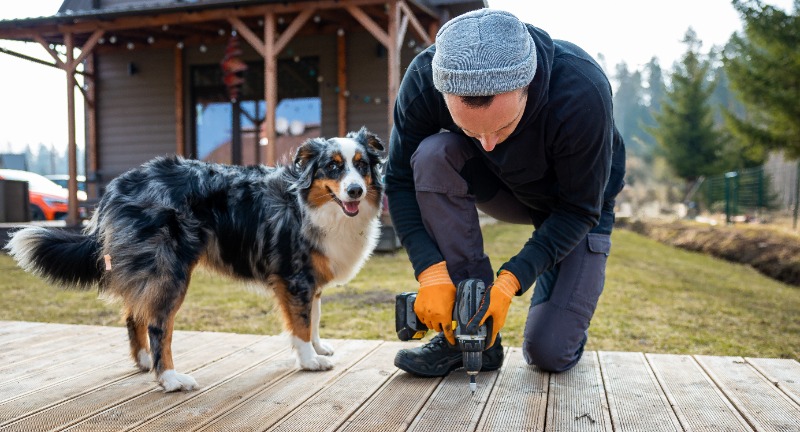
Shutterstock
Zoning laws and local ordinances can limit how you use or modify your property. You might face restrictions when adding a deck, building a fence, or even parking an RV. Research these rules before purchasing, especially if you have specific plans for your property. Violations can result in hefty fines and forced changes.
Landscaping Requires Effort and Expense
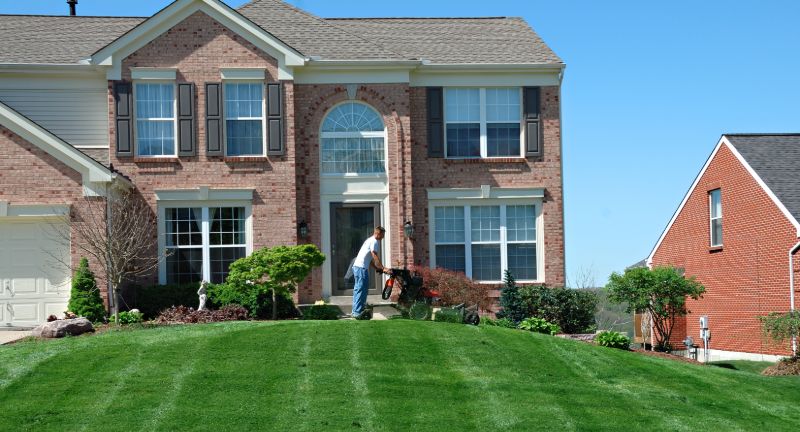
Shutterstock
A lush yard can enhance your home’s curb appeal, but it comes with ongoing costs and labor. Mowing, fertilizing, pest control, and seasonal cleanup are just the beginning. If you lack a green thumb or time, hiring professionals can be expensive. Choosing low-maintenance landscaping options can balance beauty and practicality.
Plumbing Issues Are Common
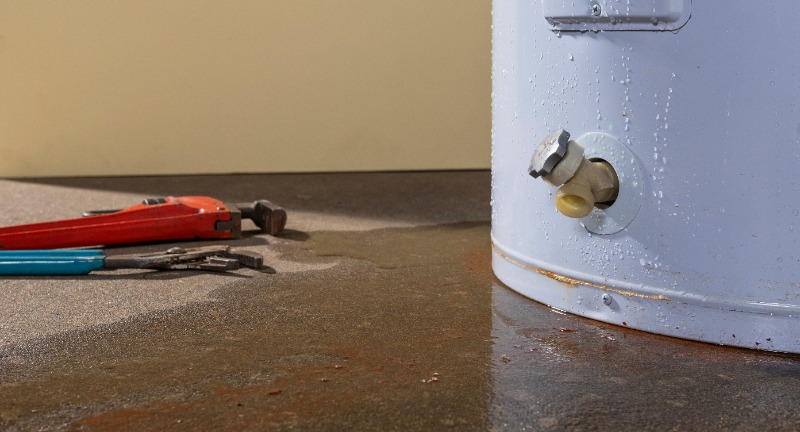
Shutterstock
Even homes with updated plumbing can experience issues like clogs, leaks, or low water pressure. Many homeowners underestimate the cost and inconvenience of plumbing repairs. Learning basic skills, like how to shut off the main water valve, can minimize damage during emergencies. Scheduling regular inspections can also catch problems early.
Foundation Problems Can Be Hidden
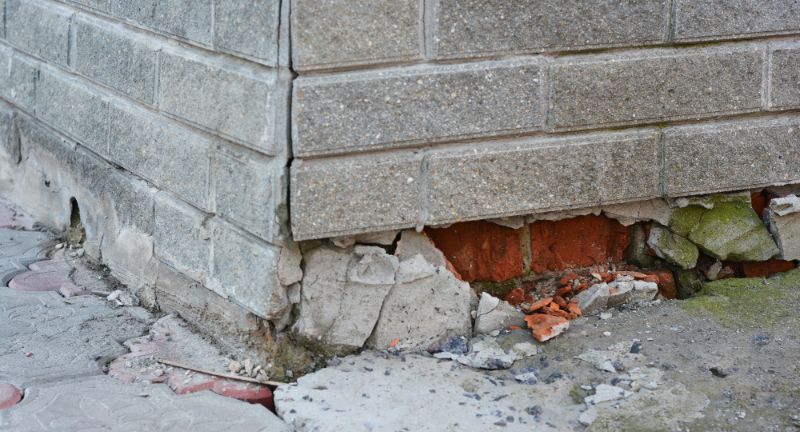
Shutterstock
A solid foundation is critical, but many issues aren’t apparent during casual walkthroughs. Cracks, uneven floors, or doors that don’t close properly could signal structural problems. Foundation repairs can be costly, so it’s worth investing in a thorough inspection. Ignoring warning signs can lead to more severe and expensive consequences.
Emergency Funds Are Crucial

Shutterstock
Unexpected home expenses, from broken pipes to storm damage, can occur at any time. Without a dedicated emergency fund, these situations can create financial chaos. Experts recommend setting aside three to six months’ worth of expenses for emergencies. Treat this fund as untouchable except for true crises.
You’ll Likely Need New Tools

Shutterstock
As a homeowner, you’ll need tools for everything from minor fixes to major yardwork. A good drill, ladder, and lawnmower are just the beginning. Quality tools can be expensive, but they’re worth the investment. Building your collection over time will make homeownership less daunting and more efficient.
Home Equity Takes Time
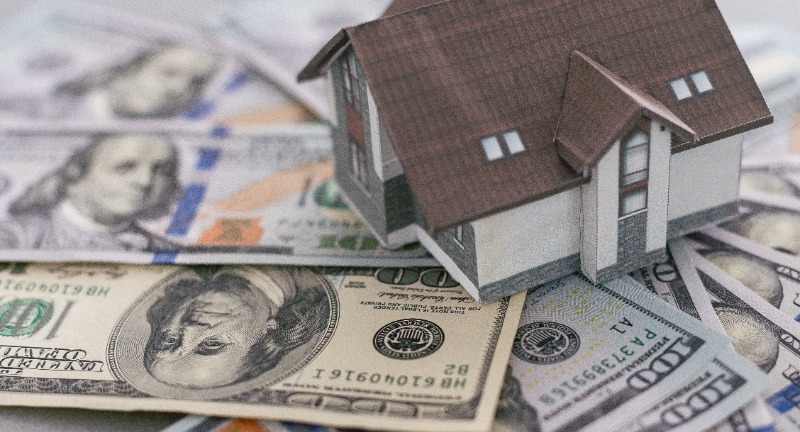
Shutterstock
Building equity in your home is a slow process, especially during the first few years when most of your mortgage payment goes toward interest. Many first-time homeowners overestimate how quickly they’ll accumulate value. Staying patient and focusing on long-term financial goals will help. Refinancing or prepaying can accelerate equity growth.
The True Costs of Renovations

Shutterstock
Renovating your dream home often costs more and takes longer than expected. Permits, labor, and unexpected complications can inflate your budget quickly. Researching costs thoroughly and working with reputable contractors can minimize surprises. Always leave room in your budget for unexpected expenses.
The Emotional Investment

Shutterstock
Owning a home isn’t just a financial commitment—it’s an emotional one. From unexpected repairs to the pride of making it your own, homeownership comes with highs and lows. Be prepared for moments of frustration and joy as you learn the ropes. Remember, every challenge is an opportunity to grow as a homeowner.
Conclusion

Type Source “Forbes/Instagram”
Owning a home for the first time is a journey filled with learning curves, unexpected challenges, and rewarding moments. While it may seem overwhelming at times, being informed and prepared can make all the difference in navigating the hidden realities of homeownership. Embracing these insights not only helps you avoid costly mistakes but also empowers you to fully enjoy the benefits of your investment. With a little foresight and adaptability, your first house can truly become the home of your dreams.














































